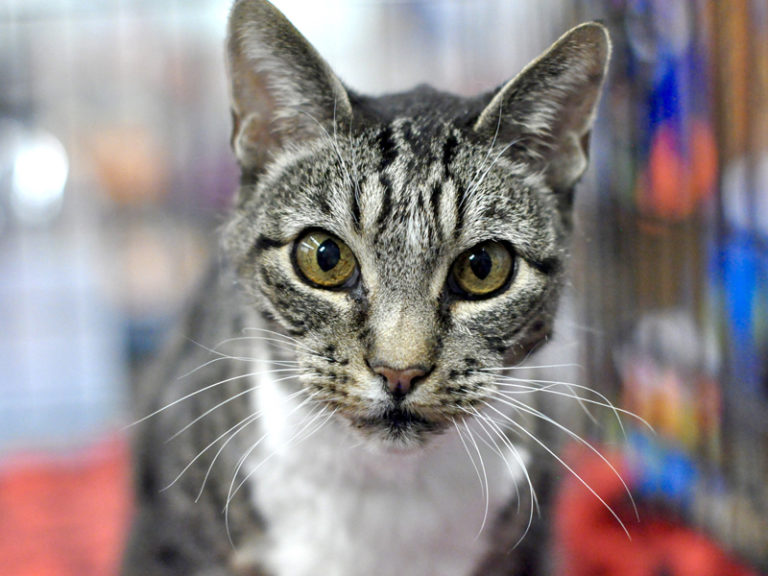Irritable bowel syndrome
Irritable bowel syndrome (IBS) is commonly associated with chronic inflammation and discomfort of an animal’s bowels, but is not linked with any type of gastrointestinal disease. It is not always known what underlies irritable bowel syndrome, but some of the suspected causes are thought to be related to diet intolerances, possibly due to allergies, the ability of the food to effectively pass through the gastrointestinal tract, and mental distress.
Symptoms
The most common symptoms of irritable bowel syndromes is chronic, occasional large bowel diarrhea, including frequent passage of small amounts of feces and mucus, and constipation (dyschezia). Abdominal pain, bloating, vomiting, and nausea may also occur. Some abdominal pain may be present upon touching the cat’s abdominal area as well.
Causes
Some potential causes of irritable bowel syndrome include:
- Abnormal colonic myoelectrical activity and motility
- Dietary fiber deficiency
- Dietary intolerances
- Stress, although not in all cases
- Changes in neural or neurochemical regulation of colonic function
Treatment
Outpatient medical management is the most common method of treatment for irritable bowel syndrome. It is highly recommended that cats that have been diagnosed with irritable bowel syndrome be fed a diet that is highly digestible and has a high volume of fiber in order to help restore and maintain the normal bodily function of the digestive tract. If there are signs of highly stressful elements within the cat’s environment, it is also recommended that you make attempts to remove these elements.
Following initial treatment, you will need to monitor your cat’s stool consistency and watch for signs of constipation and abdominal discomfort.
Prevention
Minimize any stressful factors in your cat’s environment that might precipitate an episode of irritable bowel syndrome and work to maintain a healthy, highly digestible diet if it is known that your cat has a medically diagnosed condition of irritable bowel syndrome. Your veterinarian will be able to guide you in planning a diet that is highest in nutrition and is in accordance with your cat’s breed, age, and activity level.
Article from: ©1999-2019 petMD, LLC. All Rights Reserved

